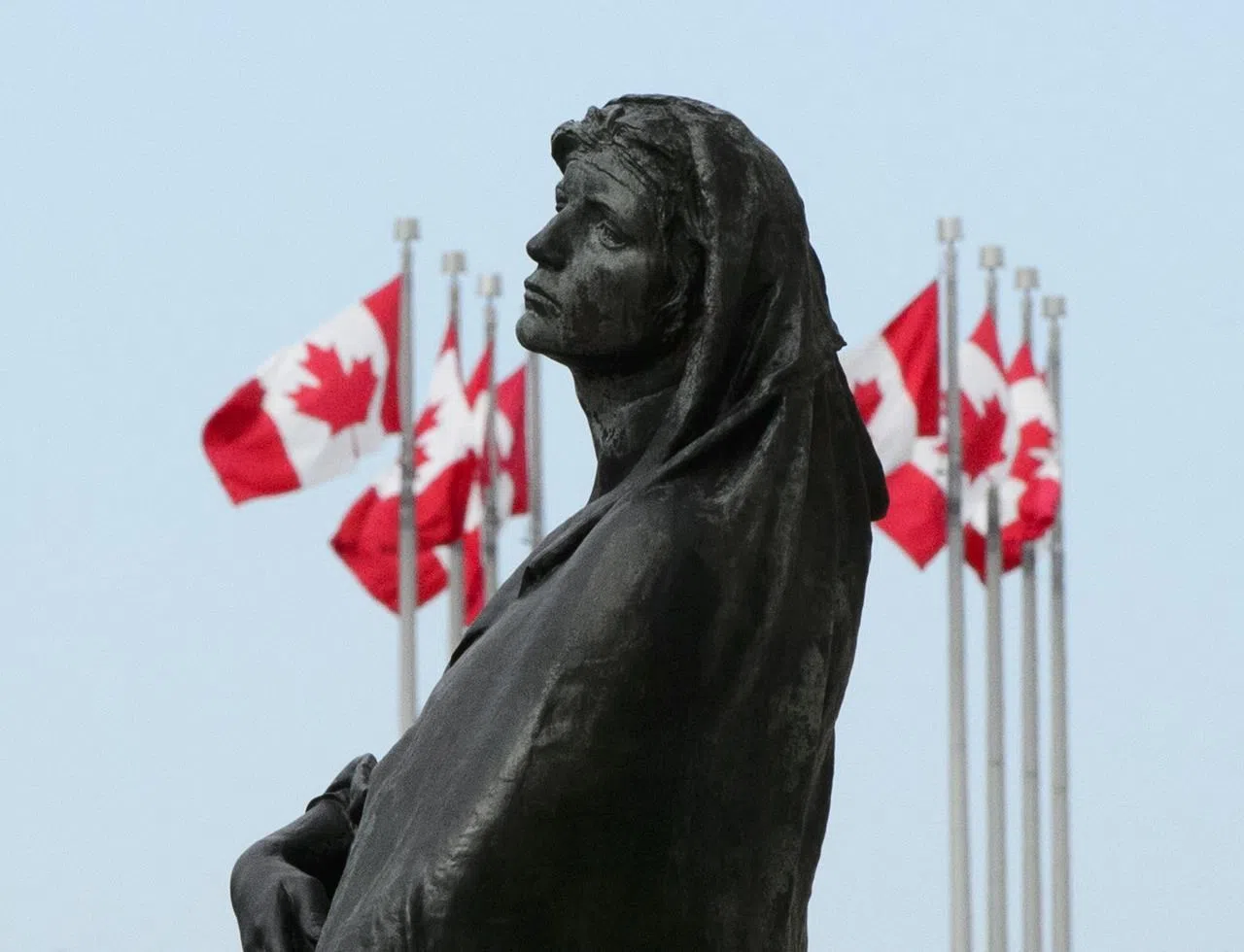
Supreme Court decision could lift lid on physician billing figures in Ontario
The Ontario doctors who previously charged the most to the province’s health system may soon have their names released to the public, a Supreme Court decision suggested Thursday.
Canada’s top judicial body issued a brief ruling declining to hear an appeal from the Ontario Medical Association and two groups of physicians who have spent years fighting to keep the names of — and amounts charged — by some of Ontario’s top-billing doctors out of the hands of a major newspaper.
The Supreme Court, in keeping with custom, did not release reasons for its refusal to hear the case. But its decision means a 2018 ruling from the Ontario Court of Appeal still stands.
Toronto Star reporter Theresa Boyle had previously made a freedom-of-information request to the province’s health ministry for the names of the top 100 physician billers to the Ontario Health Insurance Insurance Plan between 2008 and 2012.


